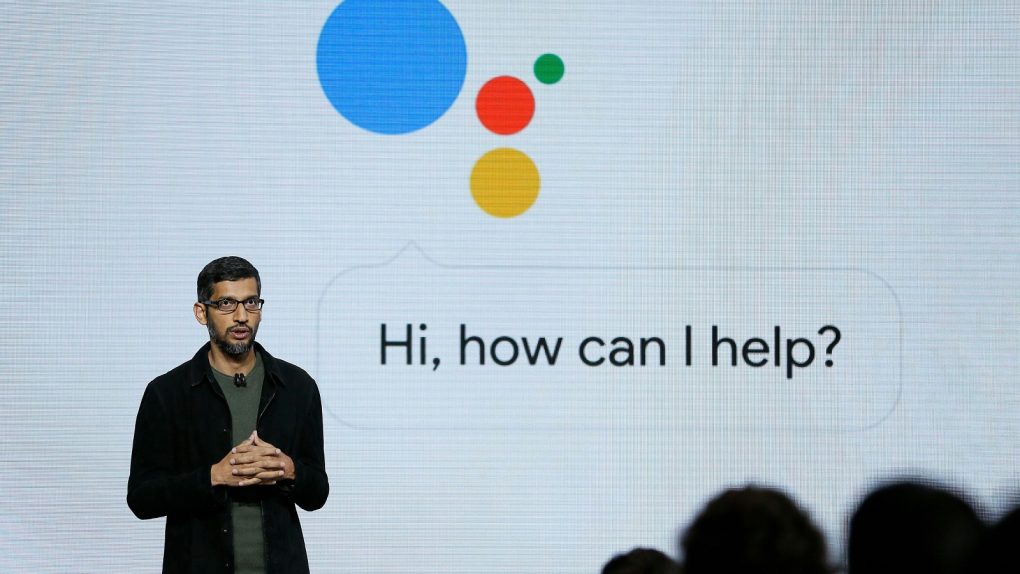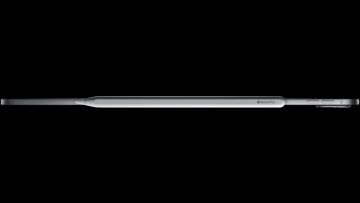Google’s most exciting and controversial announcement during I/O this year was Google Duplex. It’s basically a sophisticated evolution of Google Assistant that allows users to make reservations and appointments over the phone without placing the calls to businesses themselves. Google offered a few demos on stage that were not live, which was a bit surprising, and said in an announcement that Duplex will launch with limited availability later this year.
But is Duplex actually real? Or is it the kind of Google vaporware we’re used to seeing from the company, products that are exciting on paper, but take a long time to make it to consumers, if they ever actually launch at all?
From the moment Google unveiled Duplex on stage, people started noticing that something wasn’t quite right. The most obvious problem was that Duplex never seem to introduce itself accordingly. Not telling a human that the other party on the call is a robot is incredibly creepy and misleading. Google was pretty quick to tell the world that Duplex calls will be identified as such to businesses, though.
But then others started digging deeper, and the results are mind-boggling. It was Axios that wondered whether the calls demoed on stage were actually genuine. Google made haircut and restaurant reservations with Duplex without telling the people who answered that it was an AI assistant trying to book the appointments.
What’s stranger still is that the people who did pick up did not follow the expected etiquette for these types of calls. They did not identify themselves or the businesses, which is highly unusual, suggesting the calls may have been preplanned and not spontaneous. At the very least, the calls seem to be edited.
Axios asked Google to provide the names of the restaurants to verify the calls were real, but Google declined to answer. The company also didn’t answer when asked whether the calls were edited:
Google may well have created a lifelike voice assistant that we’ll all eventually use to complete mundane tasks like appointment scheduling. It also might be close to creating such a thing, but not quite there yet. Or it was partially staged. Or something else entirely. We just don’t know, because Google won’t answer the questions.
But hey, it gets even juicier.
Picking up on the news, John Gruber of Daring Fireball used his Twitter following to actually discover the restaurant in one of the pictures Google provided in its announcement.
Mountain View area followers: do any of you recognize this restaurant?
Via: https://t.co/wczYUa4cHa pic.twitter.com/Y2QEw3fV9a
— John Gruber (@gruber) May 17, 2018
That image had this caption:
Yaniv Leviathan, Google Duplex lead, and Matan Kalman, engineering manager on the project, enjoying a meal booked through a call from Duplex.
It only took 22 minutes for someone to reply with a possible location:
Ok, this seems to be the place https://t.co/psi8adGXRV. The sign through the window is this place https://t.co/HABfNkd0rz
— Jay P (@nocturne1) May 17, 2018
The hunt did not stop there. It was then Mashable that picked up the trail and called the restaurant:
Victor got on the phone, and I explained the Google blog post and photo and asked him if the AI had made the reservation there. He replied in the affirmative.
I also asked him if Google had let him know about the planned Duplex test in advance, and he replied, ‘no, of course no.’
When I asked him to confirm one more time that Duplex had called Hongs Gourmet, he appeared to get nervous and immediately said he needed to go. He then hung up the phone.
Yes, things are surprisingly shady on this one.
So why is Google trying to make it this hard for anyone to get answers on Duplex if the tech already works as shown during the I/O demos? We have no idea. The most straightforward answer might be that Duplex isn’t quite there yet, though it probably will be down the road. But Google wants the attention right now.
Unveiling Google Duplex at I/O 2018 before the technology actually starts working gives Google plenty of exposure, making it look like the company is well ahead of rivals in the critical business of voice computing, where Google has to face off with so many companies. Amazon, Apple, Facebook, and Microsoft are among the big players in the business working on voice computing. And Google definitely wants to be at the forefront of this next-gen computing, as it may directly impact its bottom line.
Google correctly guessed that mobile will be the next big thing when it bought Android years ago, and it developed it into a platform that allowed it to corner the mobile search market. Thus, it ensured that its ads will still be visible to customers, albeit on smaller screens. When real voice computing arrives, some of that screen time will disappear, and Google will have to find a different way to deliver ads. That’s why it needs to be among the top providers of virtual assistants. And Google Duplex puts Google ahead of everyone else right now.








